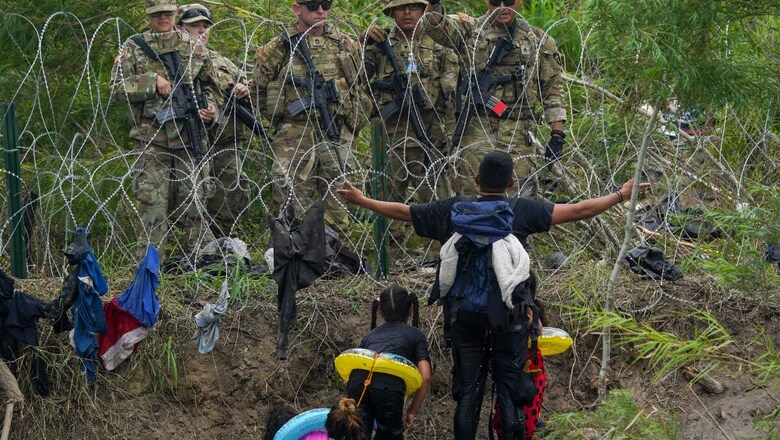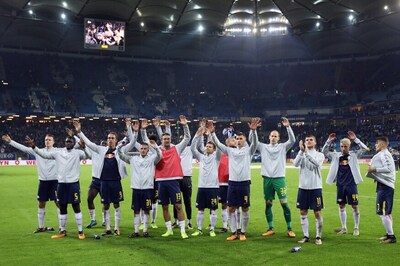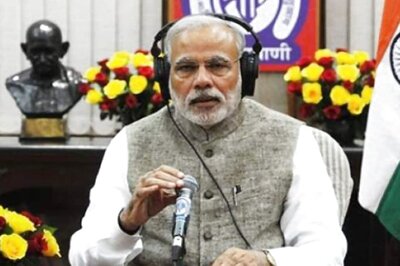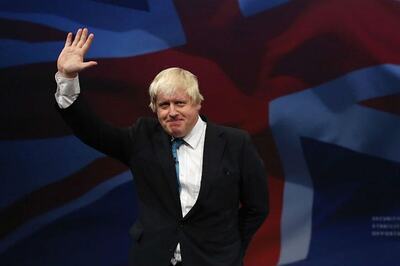
views
The protests and violence that dominated following the death of an African migrant in a police shoot-out for an alleged traffic violation overwhelmed the French state and has opened a Pandora’s Box. It has also revived the off-again-on-again European discourse on migration, both in individual nations and the EU collective.
For a better part of the past decade, Europe was embroiled in the issue of asylum and migration, predominantly from West Asia and Africa. This situation was exacerbated after the Syrian crisis also sparked off multiple discourses within continental Europe’s political landscape. The liberal view was in favour of relaxed borders whereas conservative elements were for harder borders.
East European and Mediterranean states that were the first landing-board for migrants had reservations over welcoming the ‘others’, compared to their Western and Northern Nordic counterparts. This question over the ‘others’ had saw conservative right-wing political parties gaining considerable political clout.
While France is yet to come to terms with its internal situation, the neighbouring Dutch coalition government collapsed on July 10 over the question of migration and to ease the inward flow of asylum seekers. The vertical split within the Dutch coalition government, in essence, is a reflection of the complication that arises over the question of migrations, asylum seekers and refugees.
At the same time, the act of ‘Koran-burning’ in Sweden’s capital of Stockholm saw a number of nations not only condemning the act but also taking it up at the United Nations Human Rights Council (UNHRC). Among the 47 UNHRC voting members (elected in turn, continent-wise), 28 voted for the motion which condemned the events in Stockholm as a product of religious hatred and bigotry. India supported the motion, moved by Pakistan on behalf of the OIC member nations. China, too, backed the motion.
A total of 12, including the US and EU member states, apart from a few small nations in the Western hemisphere voted against the motion. The rest, totalling seven, abstained. In defence of their opposition, the Western nations said that their vote was in line with their known position on human rights and freedom of expression.
An Issue that Cross Borders
Even before Europe came to terms with the ‘outsider’ question, a ghost from the past had begun threatening bilateral relations between India and Canada – again flowing from migrants, though from a relatively distant past. It centred on a rally by ‘Khalistani groups’ of migrant Sikh community hardliners in Canada, where a picture denigrating former Indian Prime Minister, Indira Gandhi, was carried. Sikh members of Gandhi’s personal bodyguards had shot her dead at her official residence after Indian action to clear Khalistani separatist groups from the community’s holiest place, the Golden Temple, Amritsar, in 1984.
The heightened measure of Khalistani terrorism outside India was the midnight blast of an Indian airliner ‘Emperor Kanishka’ in mid-1985. All 329 aboard perished. It was the worst air-borne terrorism before 9/11.
The ‘Khalistan issue’ gets resurrected now and then in the domestic political discourse of Canada. Over the past months, the Khalistanis had revived their activities through anti-India graffiti in public places, including parks and Hindu temples. Following the rally, there were threats to Indian diplomats, not only in Canada but also in the UK and the US, where local governments were found wanting in putting down anti-India threats and attacks of the kind.
In a harsh reaction after the desecration of Indira Gandhi, India’s External Affairs Minister (EAM) raised his voice a notch more. Dr S Jaishankar said that Canada was guided by ‘vote-bank politics’, meaning that the ruling elite in the country bent backwards to accommodate Khalistani-like separatists only with an eye on the Sikh community votes.
What is of concern for India is not the issue of Khalistan, which was a serious internal security issue a few decades back, but the internationalisation of what is now a predominantly forgettable chapter in and within India that hurts not only domestic Indian sentiments but also bilateral ties with nations that are seen as ‘protecting’ if not ‘harbouring’ those terrorists.
The West’s periodical pontificating on human rights and freedom of expression on ‘minorities issues’, especially on Kashmir and now Manipur too has not gone down well with New Delhi. India is also increasingly peeved and concerned about the West’s politicisation of such episodes and issues, not stopping with their domestic constituencies, as in the case of Canada, but also internationalising the same through fora such as the UNHRC. That the latter is influenced also by the former goes without saying.
Suffice it to point out that from an Indian perspective, the West’s hypocrisy and selective application of a ‘value-based global order’, as they wish to call it, comes with the intended implication that the West can do no wrong and the rest can do no right. Now that India has regained some of the Cold War era standing as the voice of the Global South, especially after its global Covid outreach, New Delhi has been more assertive in its assessments than earlier, and more visible and voluble.
What Next
Unlike in the past, most issues faced by the West with respect to asylum seekers, refugees and migrants are not of their own making. In the case of Europe, colonisation, followed by the need for cheap labour in the decades after the Second World War opened the floodgates that soon became a Frankenstein’s Monster, so to say. This monster has no or litter bearing on the developing world, from where the ‘others’ originated. With the passage of time, the dynamics have changed, wherein the lies between the domestic is the host nation and the nation of origin of the ‘others’ has now blurred.
However, in select cases, the migrants, now predominantly legalised citizens or undocumented illegals, are here to stay. As residents, this population will dictate terms and will also shape the future contours of the developed West, starting with the ‘migration discourse’.
For nations like India, notwithstanding genuine apprehensions, the challenges of freedom and rights is no more an exclusive concern. However, for the self-proclaimed champions from the developed, they too need to address the same within the confines of their own quarters.
The author is a New Delhi-based security and foreign policy analyst. Views expressed in the above piece are personal and solely that of the author. They do not necessarily reflect News18’s views.




















Comments
0 comment